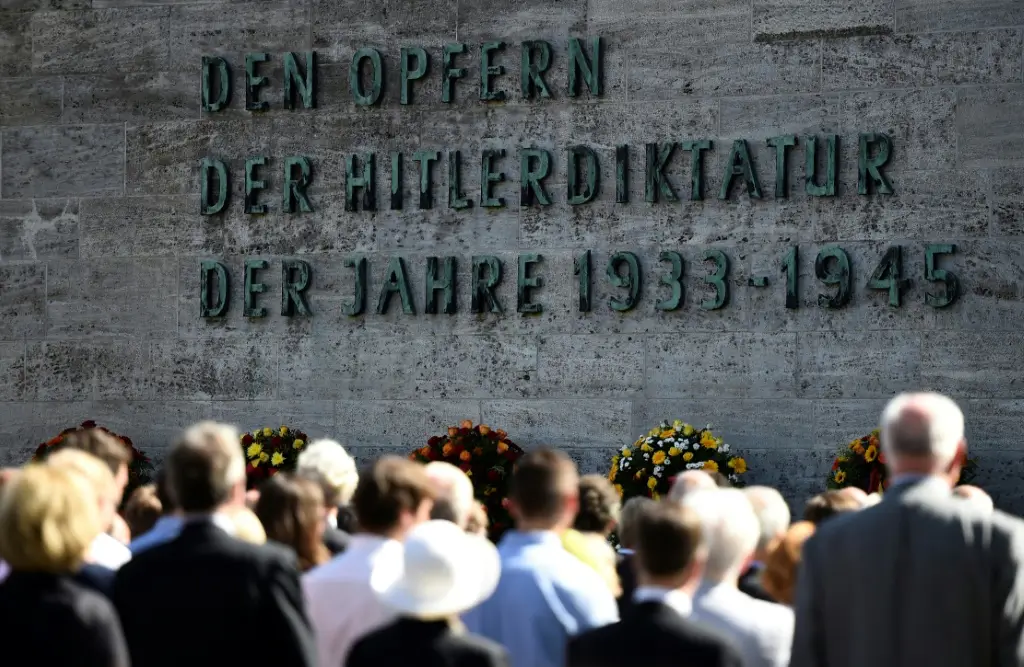
On July 20, 1944, Claus Schenk Graf von Stauffenberg attempted to assassinate Hitler in an attempt to end the Nazi dictatorship. After the coup attempt failed, Stauffenberg and several of his co-conspirators were executed that same night in the courtyard of the Bendlerblock, the then Army High Command. As a result, many of the resistance fighters involved in the attempted coup of July 20, 1944, were hanged in Berlin-Plötzensee. In total, more than 2,800 prisoners were beheaded or hanged in the Berlin-Plötzensee penal prison between 1933 and 1945.
The German government commemorated the resistance against Nazi tyranny on the 81st anniversary of the assassination attempt on Adolf Hitler. Remembering July 20, 1944, is not a "routine memorial," said Federal Justice Minister Stefanie Hubig (SPD) at the Berlin-Plötzensee Memorial. It is about today's responsibility "to ensure that such monstrous horror does not emanate from Germany again."
“This is the responsibility that follows from guilt - for all of us,” Hubig emphasized. The commemoration is a call to show "determined resistance today" against those who threaten democracy and the rule of law. Because even today, these are "again under pressure."
Berlin's Governing Mayor, Kai Wegner (CDU), referred to the "great courage" of the resistance fighters against the Nazi tyranny. Those who resisted at that time put their lives and those of their families in danger, he said at the memorial service. "They faced the threat of disenfranchisement, concentration camps, collective punishment, or murder."
Minister of State for Culture Wolfram Weimer (independent) also referred to the fate of the attackers' relatives in a statement. "Their families also demonstrated courage – and often paid a high price," he explained. "Relatives who hid letters among piles of files. Wives who endured in prison. Mothers who endured interrogations, always afraid of what would be done to their children."
The speech at this year's commemoration was given by actor Matthias Brandt, son of former Chancellor Willy Brandt (SPD). He remembered his father, who was forced into exile in 1933 to escape persecution by the Nazis. Matthias Brandt also described the difficult postwar period, during which his father and many members of the Nazi resistance were vilified as "traitors to the fatherland," and warned against a return of exclusion and racism in society. "We must not remain silent."
In commemoration of July 20, 1944, a ceremonial swearing-in ceremony will take place this afternoon at the current headquarters of the Federal Ministry of Defense. 250 Bundeswehr recruits will participate.